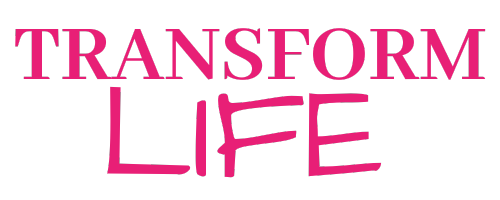
Sleep is essential for everyone, yet for individuals with disabilities, achieving quality sleep can be particularly challenging. Issues such as insomnia, irregular sleep-wake cycles, and nighttime restlessness are prevalent among this population. However, Positive Behaviour Support (PBS) emerges as a promising framework to understand and address these sleep disturbances effectively.
Understanding the Challenge
People with disabilities often experience sleep problems due to various factors:
- Physical and Sensory Issues: Conditions like autism spectrum disorder (ASD) or cerebral palsy can lead to sensory sensitivities or physical discomfort, making it hard to settle into sleep.
- Communication Barriers: Some individuals may struggle to communicate their needs effectively, including discomfort or anxiety related to sleep.
- Behavioural Patterns: Repetitive behaviours or self-stimulatory actions, common in developmental disabilities, can disrupt sleep routines.
The Role of Positive Behaviour Support
The Role of Positive Behaviour Support
PBS is a person-centred approach rooted in understanding the function and context of behaviour. It focuses on enhancing quality of life by:
- Functional Assessment: Identifying the underlying causes of sleep disturbances through detailed analysis. This involves considering environmental, social, and physiological factors contributing to the issue.
- Behavioural Intervention: Developing strategies tailored to the individual’s unique needs and preferences. These interventions aim to promote positive behaviours and reduce barriers to quality sleep.
Collaborative - Approach: Involving caregivers, healthcare professionals, and support networks to create a holistic plan that supports the individual consistently.
Practical Strategies within PBS
1. Environmental Modifications
- Sensory Considerations: Creating a calming sleep environment by adjusting lighting, sound levels, and temperature to minimize sensory stimuli that may disrupt sleep.
- Comfortable Sleeping Arrangements: Providing adaptive bedding, pillows, or positioning aids that enhance comfort and support relaxation.
2. Establishing Predictable Routines
- Visual Schedules: Using visual supports to outline bedtime routines, promoting predictability and reducing anxiety associated with transitions.
- Consistent Bedtime Rituals: Incorporating soothing activities such as reading or gentle music to signal the body that it’s time to wind down.
3. Communication and Support
- Augmentative Communication Tools: Using devices or systems that facilitate communication, enabling individuals to express discomfort or preferences related to sleep.
- Positive Reinforcement: Rewarding desired sleep behaviours to reinforce a healthy sleep routine and encourage self-regulation.
4. Monitoring and Adjusting Strategies
- Data Collection: Tracking sleep patterns and behaviours to evaluate the effectiveness of interventions and make informed adjustments as needed.
- Continuous Evaluation: Regularly reviewing the support plan with stakeholders to ensure it aligns with the individual’s evolving needs and goals.
Benefits of PBS in Addressing Sleep Problems
- Improved Quality of Life: By promoting better sleep, PBS enhances overall well-being and functioning for individuals with disabilities.
- Reduced Need for Pharmacological Interventions: Effective behavioural strategies may decrease reliance on medications that can have side effects or interact with other treatments.
- Empowerment and Autonomy: Equipping individuals with skills to manage their sleep contributes to greater independence and self-determination.
Conclusion
Positive Behaviour Support represents a compassionate and effective approach to tackling sleep problems in individuals with disabilities. By focusing on understanding behaviours and creating tailored interventions, PBS empowers individuals, caregivers, and support teams to collaboratively address sleep disturbances. As awareness and implementation of PBS grow, so too does the potential to significantly improve sleep outcomes and overall quality of life for people with disabilities.
In essence, by embracing PBS principles, we not only support better sleep but also foster a more inclusive and supportive environment where individuals with disabilities can thrive.

Transform Life is a NDIS registered organisation that provides support for you and your family.
Book your consult with an experienced Therapist at Transform Life to explore how PBS can support you and your family.








